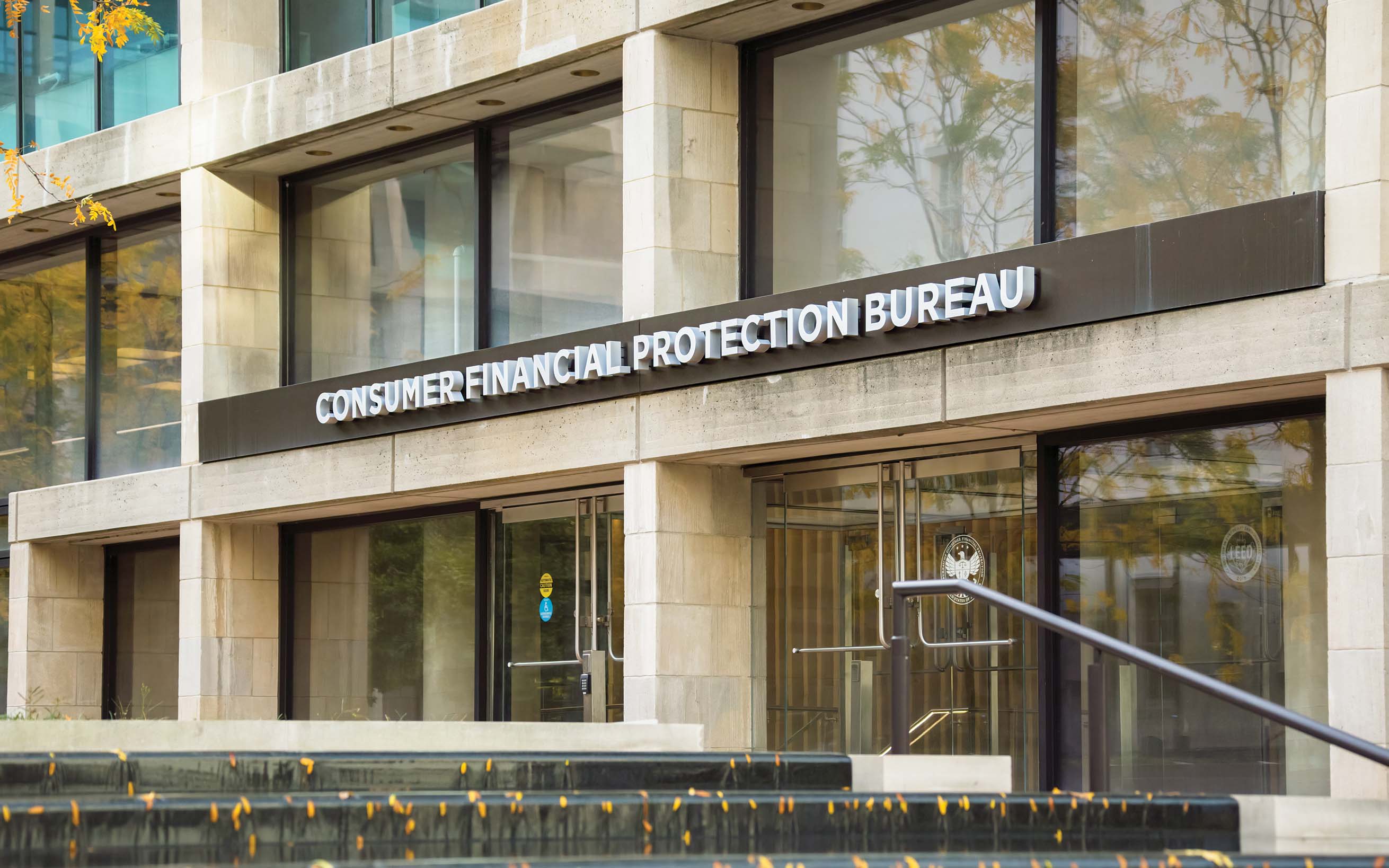For the past year, ICBA has remained steadfast in advocating for community banks in the wake of Silicon Valley Bank’s collapse. Here are the results of those advocacy efforts.
Anne Balcer: What Have We Learned One Year After the SVB Failure?
March 04, 2024 / By ICBA
For the past year, ICBA has remained steadfast in advocating for community banks in the wake of Silicon Valley Bank’s collapse. Here are the results of those advocacy efforts.
It’s been one year since Silicon Valley Bank (SVB) collapsed, followed by Signature Bank just days later, shaking the financial world and leaving community banks to manage the aftershocks.
Since that time, ICBA has been the sole national voice representing community banks exclusively to ensure they would not have to pay for the mistakes of large banks. And it’s a community bank success story.
When the FDIC board of directors voted in favor of a special assessment to replenish the deposit insurance fund in November, it included an ICBA-supported exemption for most community banks.
ICBA’s response to the SVB failure is a lesson in successful crisis management and advocacy, with ICBA and community bankers working to limit the impact on community banks and ensure their continued strength and viability.
Let’s look back at how that victory was won.
Immediate response
SVB failed on Friday, March 10, 2023, while community bankers were gathering in Honolulu for ICBA LIVE. This failure became the second largest bank failure in U.S. history. Signature Bank, which held $110 billion in assets, failed two days later.
The confluence of a banking crisis and the nation’s largest gathering of community bankers gave community bank leaders a unique opportunity to work together in person and in real time to understand what was happening, formulate a strategy and set the stage for successful advocacy.
The government didn’t announce that it would backstop all SVB deposits until Sunday night. It was a tense few days, with real worry that depositors would flee to banks seen as too big to fail.
That Monday, ICBA released a press release highlighting the differences between community banks and the nation’s largest banks, vehemently opposing the possibility that community banks could bear any financial responsibility for potential losses to the deposit insurance fund.
Individual community bankers also took action. While bank customers worried as news reports and social media peddled fear, community bankers proactively reached out to their customers, providing reassurance that their banks remained safe and sound. They answered questions and relied on their reputations as trusted advisors. Not only did community banks not experience a deposit run off; they grew their deposits in many cases.
Regulatory outreach
Once the immediate crisis had passed, ICBA and community bankers took their advocacy directly to the FDIC.
In April, ICBA president and CEO Rebeca Romero Rainey sent a letter to FDIC chairman Martin Gruenberg, arguing that large banks should pay for the special assessment because they were the chief beneficiaries of SVB and Signature Bank’s receiverships and the FDIC’s decision to cover any losses of their uninsured depositors.
Romero Rainey cited Gruenberg’s congressional testimony that the FDIC has discretion over the design and timeframe of special assessments under the Federal Deposit Insurance Act and how it was required to consider the types of entities that benefit from its actions.
“Community banks and their customers shouldn’t have to pay for the miscalculations and speculative practices of large financial institutions like SVB and Signature,” Romero Rainey wrote. “If any assessment increase is warranted, it should be imposed on the institutions that pose the most risk to the DIF—not community banks.”
ICBA had allies supporting this view. The Biden administration called on the FDIC to ensure the costs of replenishing the DIF were not borne by community banks.
Supporting a community bank exception
When the FDIC released its notice of proposed rulemaking for the special assessments, it reflected ICBA’s viewpoint, exempting community banks with less than $5 billion in assets. It also tied an institution’s special assessment to its estimated uninsured deposits.
ICBA applauded the FDIC’s proposal in a July 2023 comment letter, encouraging the agency to finalize the proposal as-is. Community bankers added their letters of support through an ICBA grassroots advocacy campaign. More than 80% of the more than 230 letters submitted to the ICBA came from ICBA members.
This united chorus of individuals contrasted with groups representing larger institutions, which were neutral or opposed to the FDIC’s proposed approach for calculating the assessment.
In the end, the FDIC board of directors voted 3-2 to finalize the rule with the ICBA‑supported exemption for most community banks. ICBA was the only national trade association to call for a community bank exemption from the special assessment, and we will continue educating the public, policymakers and the press about community banks’ value.
Subscribe now
Sign up for the Independent Banker newsletter to receive twice-monthly emails about new issues and must-read content you might have missed.
Sponsored Content
Featured Webinars
Join ICBA Community
Interested in discussing this and other topics? Network with and learn from your peers with the app designed for community bankers.
Subscribe Today
Sign up for Independent Banker eNews to receive twice-monthly emails that alert you when a new issue drops and highlight must-read content you might have missed.
News Watch Today

Join the Conversation with ICBA Community
ICBA Community is an online platform led by community bankers to foster connections, collaborations, and discussions on industry news, best practices, and regulations, while promoting networking, mentorship, and member feedback to guide future initiatives.












